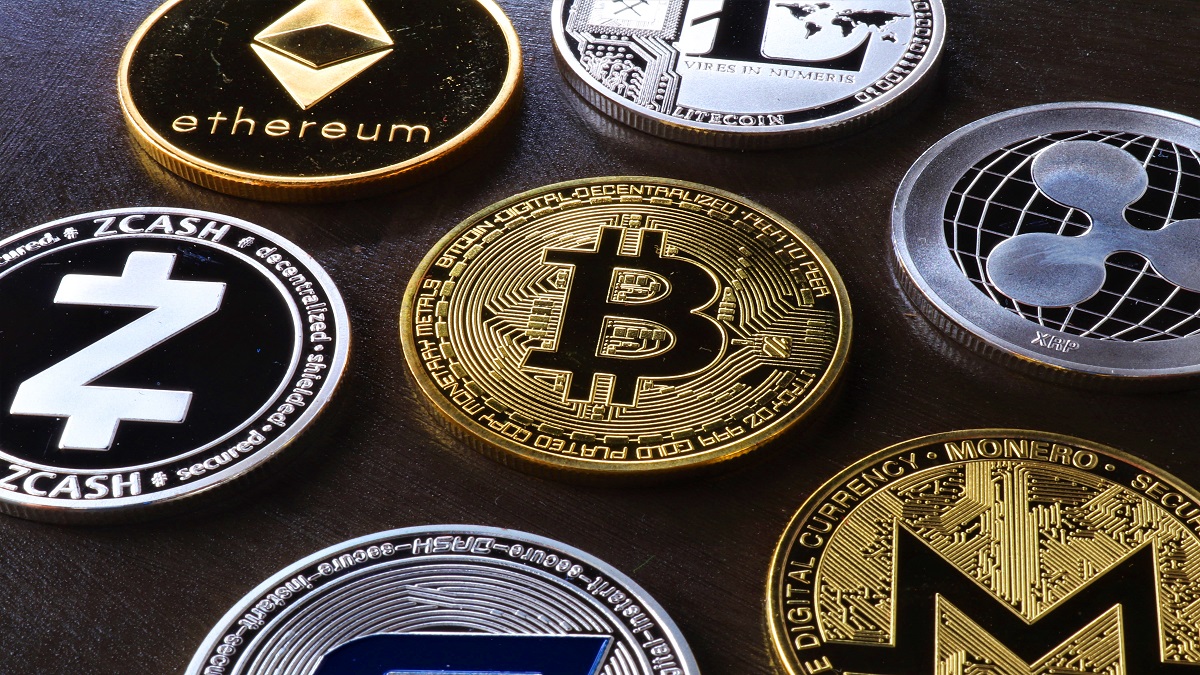The Financial Express
Transformation of terrorism from “dynamite to metaverse” and “AK-47 to virtual assets’ is a matter of concern, Union Home Minister Amit Shah said last week. He was speaking at the third ‘No Money for Terror’ (NMFT) Ministerial Conference on the subject of Counter-terrorism Financing. “There is an increase in the use of virtual assets like cryptocurrency and we need to understand the patterns of these darknet activities and find their solutions,” he added.
While the government’s skepticism towards digital currency is not new, also thanks to the latest scandal of FTX, Indian players feel that the right set of regulations can further help to bring in transparency. “ Cryptocurrency is extremely transparent, far more so than the traditional cash economy, and this is well documented. Also, cryptocurrency is the worst tool for laundering money,” Rajagopal Menon, vice president, WazirX, a cryptocurrency exchange, told FE Blockchain.
Earlier this October when United Nations (UN)’s counter-terrorism committee (CTC) held a meeting in New Delhi similar remarks were made on how cryptocurrency is funding terrorism. “Terrorist groups who have been excluded from the formal financial system are slowly turning to crypto to fund their heinous activities”, Svetlana Martynova, the countering financing of terrorism coordinator at the United Nations (UN) had said at the time.
Also Read: How is cryptocurrency funding terrorism across the globe
Moreover, as per a report by Chainalysis, a blockchain analysis company, 0.15% of all cryptocurrency transactions in 2021 were associated with some illicit activity. “Decentralised finance (DeFi) appears to be an option to keep a record of digital payments. In order to ensure all-around protection and security, ‘zero trust architecture’ (ZTA), a cybersecurity paradigm, is the need of the hour and this can be built on the layer-7 cybersecurity paradigm,” Dileep Seinberg, founder and CEO, MuffinPay, a crypto bill payment company, said.
It is to be further noted that countries such as the USA, Singapore, and Australia have raised similar concerns regarding digital assets. Earlier this month, the Australian government set up cryptocurrency divisions to keep records of transactions.
According to Swapnil Pawar, founder, Newrl, a decentralised finance company, Web3.0 without identity is prone to be abused for terrorist financing and money laundering. “What we need to make web3 safe is identity at the blockchain protocol layer. We shouldn’t confuse privacy with anonymity – there are intelligent ways to maintain privacy while still being identifiable,” he added.
Furthermore, as per a report by Statista, the value of crypto lost to security threats grew over nine times between 2020 and 2021. The given-below chart shows the total value of cryptocurrency lost to and recovered from theft and other attacks between March 2020 and February 2022.
Source: Statista
As per industry experts, the immutable, public nature of the blockchain makes cryptocurrency a poor choice for money laundering because it allows law enforcement to uncover and trace money laundering far easier than cash transactions. “DeFi is immensely promising as a technology – for improving financial inclusion and enabling access for those currently left out by traditional finance. We need to promote safe DeFi for democratizing access to credit, reducing friction in financial services, and improving contract enforceability,” Pawar added.
Also Read: Can cryptocurrency help struggling economies beat inflation
Follow us on Twitter, Facebook, LinkedIn
Get live Share Market updates and latest India News and business news on Financial Express. Download Financial Express App for latest business news.
Author
Administraroot

